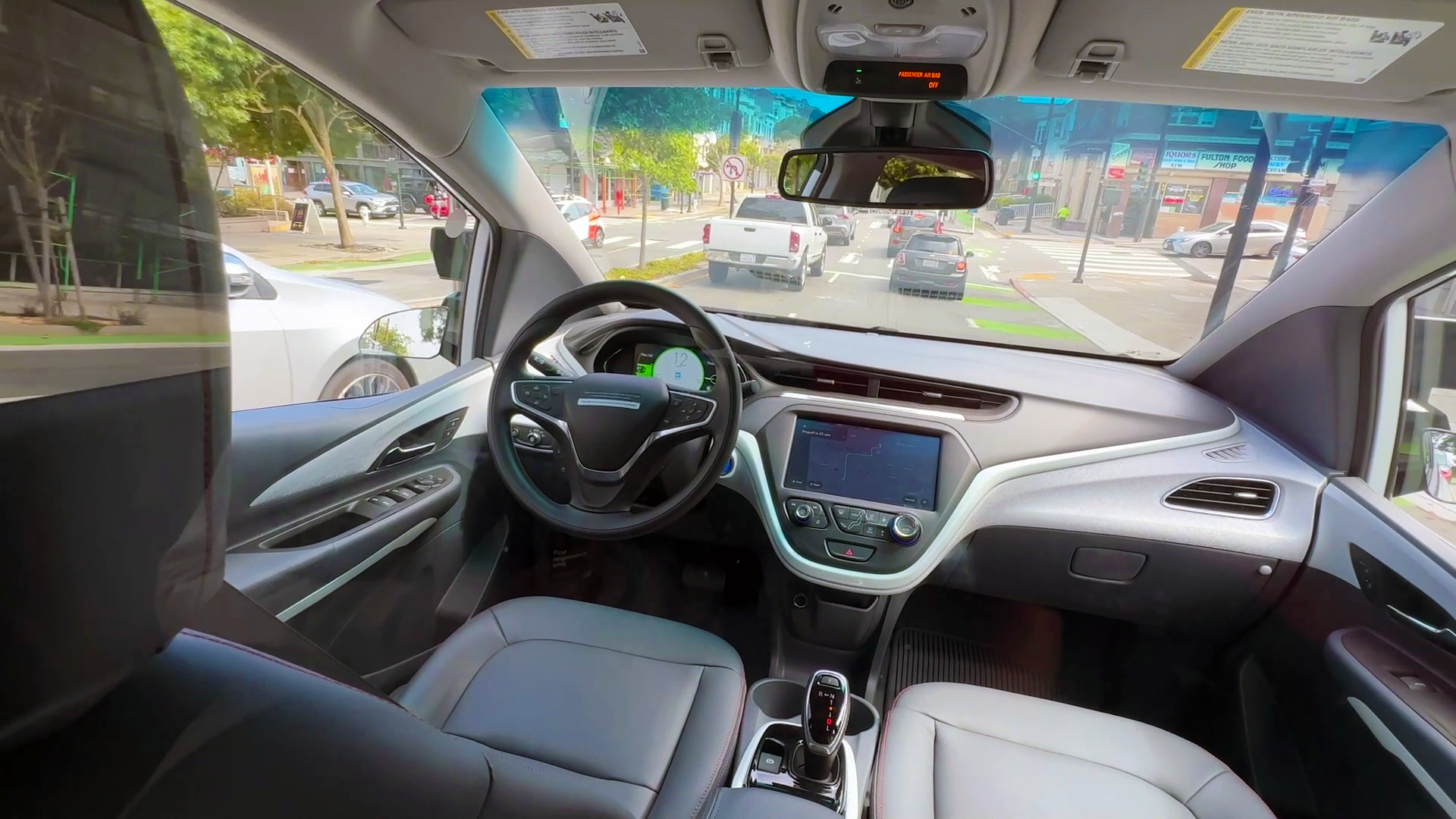Is it true that playing hard to get will get you that guy or girl? Well, if you're a guy who likes girls it could be true, at least according to a recent study involving college-aged women and Facebook.
The study involved 47 University of Virginia female undergraduates who were told that they were participating in an online dating study about Facebook, according to the U.S. News and World Report. From the report:
After randomly dividing the participants into three groups, the researchers showed each woman four fictitious Facebook profiles that portrayed likeable, attractive male college students. The women in the first group were told that they were viewing the profiles of men who liked them the best. In the second group, each woman was told that the four men she was seeing had given her average ratings. The third group of women were told that they would be viewing the profiles of men who either liked them the best or who had given them average ratings.
The women were then told to rate each man on different criteria, "including how much they liked him, how much they wanted to work with him on a class project, and how much they would be interested in him as a potential boyfriend." The women were also asked to rate how often they thought of each man "during the previous 15 minutes."
Not surprisingly, the women in the first group ranked the men higher than the second group -- part of what scientists call the "reciprocity principle," or basically when others like you, you tend to like them. But the third group of women, which had no idea what the men thought of them, rated the men highest of all.
So does that mean men who play hard to get drive women wild?
Scientists are quick to point out that one study doesn't mean every man should suddenly become standoffish and cold to be more attractive to women, but that some people may like a challenge. (I would also like to point out that 18 to 21-year-old young women aren't the most mature of the female gender, and a study of 500 would be a bigger and better sample and more worthy of consideration.)
Local
"These findings provide an important caveat to the conclusion that we are romantically interested in others who are romantically interested in us," Eli J. Finkel, associate professor of social psychology at Northwestern University in Evanston, Ill. told U.S. News. "The results suggest that although this reciprocity effect is strong, the pull of delicious uncertainty might be even stronger."
However, the findings aren't just limited to women's behavior but are a part of human behavior. The study's author, Erin Whitchurch, also said she would likely get the same results from male participants.



